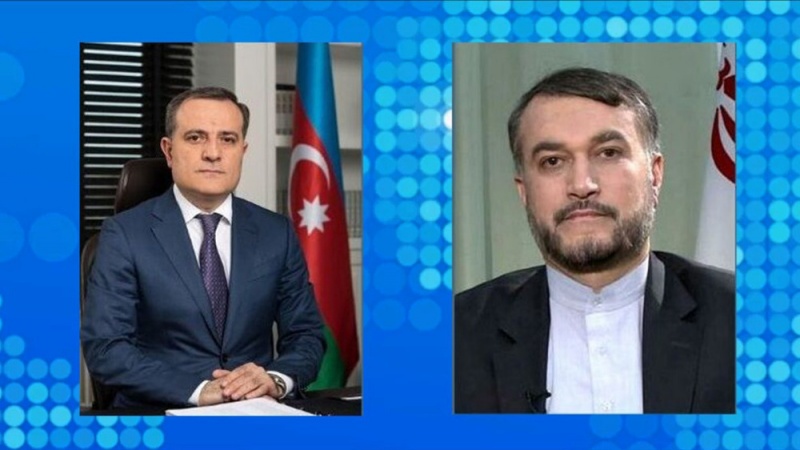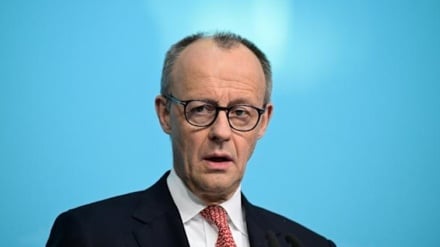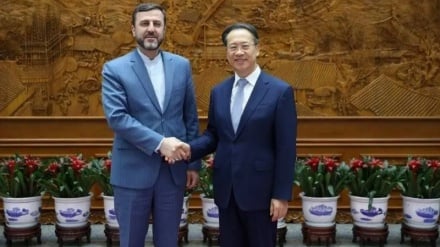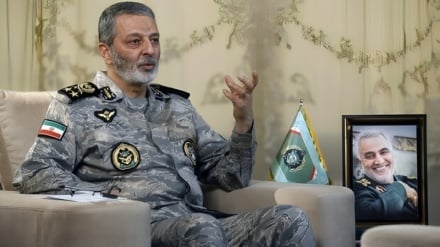Iran, Azerbaijan FMs discuss ways to resolve misunderstandings in ties
Foreign Ministers of Iran and Azerbaijan have held discussions about ways to resolve the existing misunderstandings and issues pertaining to mutual relations amid soaring tensions between the two neighboring countries.
Foreign Minister Hossein Amir-Abdollahian and his Azeri counterpart Jeyhun Bayramov held two rounds of detailed talks on Friday night and Saturday about the developments in Tehran-Baku relations and some regional issues.
They stressed the importance of respecting good neighborliness, national sovereignty and territorial integrity.
Amir-Abdollahian warned of the Israeli regime's plots against unity, security and progress of the countries in the region and said, "Only enemies benefit from the existence of differences among regional countries."
The top Iranian and Azeri diplomats also stressed the need to direct media campaign in line with mutual interests.
Azerbaijan’s relations with Iran were strained in January following an attack on the Eurasian country’s embassy in Tehran.
Azerbaijan closed its diplomatic mission following the incident and evacuated staff over what it called a “terrorist act,” with President Ilham Aliyev blaming it on the “Iranian establishment.”
This is while an initial investigation pointed to “personal and family-related problems” as the motive of the assailant.
Azerbaijan said on Thursday it has declared four Iranian embassy employees persona non grata, claiming the diplomats conducted "provocative actions" in the latest deterioration of relations between the two neighbors.
In a statement on Friday, Iranian Foreign Ministry Spokesman Nasser Kan'ani said Tehran would take "diplomatic countermeasures" in response to Azerbaijan's radical and unconstructive positions against Iranian teachers and diplomats residing in Baku.
"The Islamic Republic of Iran emphasizes the [importance of] observing the principles and basics of the neighborhood policy and paying heed to the sinister goals of the Zionist regime (Israel) in creating differences and tension in the relations among Muslim countries while at the same time, it has diplomatic countermeasure on its agenda," Kan'ani added.
SS



